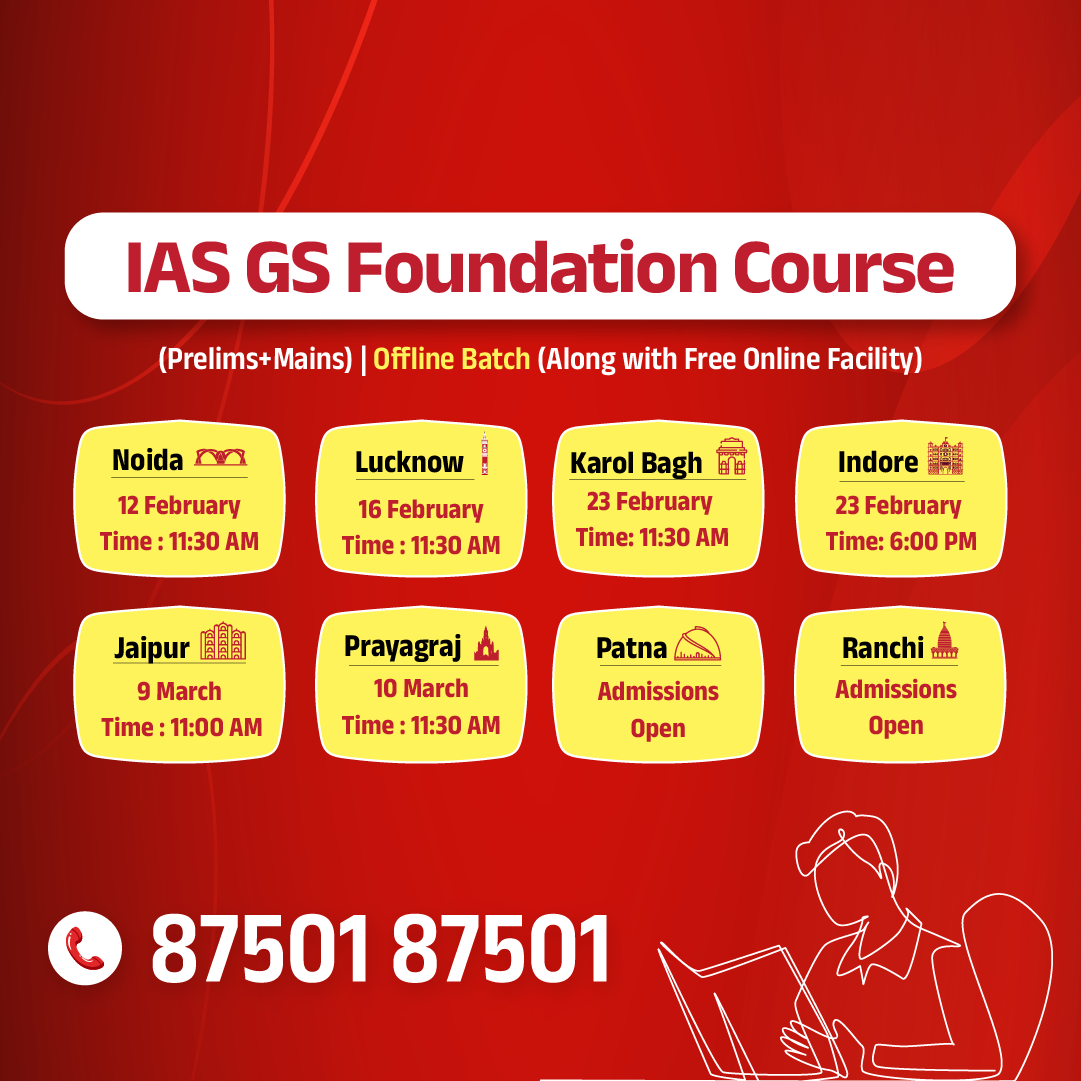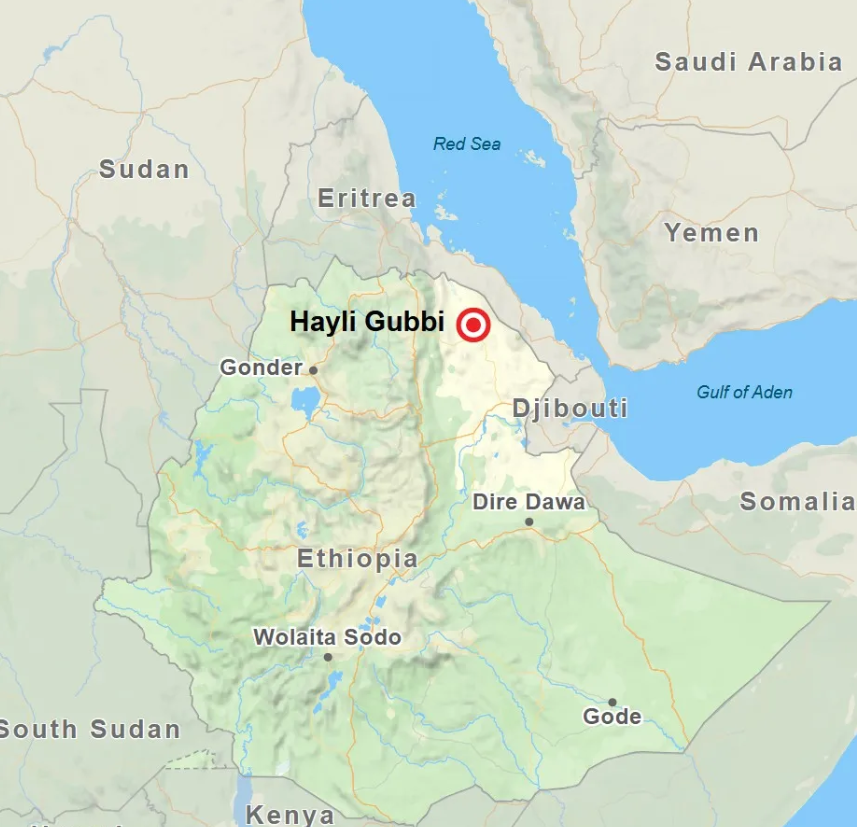Haryana Switch to Hindi
Digital Geofencing in Sultanpur National Park
Why in News?
Authorities in Haryana are planning to introduce digital geofencing around the Sultanpur National Park buffer zone to monitor land-use changes in real time and curb violations.
Key Points
- About Digital Geofencing:
- The Haryana Forest Department and district administration will create a digital geospatial boundary around the buffer zone of Sultanpur National Park, enabling automatic alerts whenever land-use changes occur in the mapped area.
- The initiative aims to prevent activities such as unauthorized construction, land fragmentation, soil excavation, and commercial land conversion, which have increasingly threatened the ecological sensitivity of the region.
- Satellite imagery, drone surveys, and GIS-based digital mapping will be integrated, allowing real-time tracking of any physical alterations around the sanctuary.
- About Sultanpur National Park:
- Sultanpur National Park, located in Gurugram district, Haryana, is one of India’s prominent bird sanctuaries and an important wintering site for migratory birds from Central Asia, Europe, and Siberia.
- Sultanpur lies along the Central Asian Flyway (CAF), which makes stringent monitoring of land-use change essential to protect migratory species' pathways
- It was declared a Ramsar Site in 2021, highlighting its ecological significance.
- Sultanpur National Park, located in Gurugram district, Haryana, is one of India’s prominent bird sanctuaries and an important wintering site for migratory birds from Central Asia, Europe, and Siberia.
National Current Affairs Switch to Hindi
Hayli Gubbi Volcano
Why in News?
The Hayli Gubbi volcano in Ethiopia has erupted explosively, sending high-altitude ash plumes thousands of metres up, some of which have drifted into Indian airspace, triggering aviation advisories.
Key Points
- Hayli Gubbi volcano is located in Afar, northeastern Ethiopia, within the Danakil Depression - one of the hottest and lowest places on Earth.
- The current eruption is significant because the volcano is believed to have erupted after nearly 12,000 years, based on geological evidence from the Afar Rift.
- The Hayli Gubbi eruption highlights the geological volatility of the East African Rift System (EARS) where active volcanism, fissure eruptions, and spreading ridges are common.
- It is one of the world’s most tectonically active rift systems where the Arabian, Nubian, and Somali plates are diverging.
- The region is characterised by basaltic lava, fissure systems, and frequent seismic activity linked to the continental rifting process.
Volcanic Ash & Aviation Risks
- Volcanic ash is made of tiny, abrasive particles of rock and glass that can melt inside jet engines and cause serious damage.
- Jet engines can stall when ash melts and re-solidifies on turbine blades.












.jpg)







.png)


.jpg)

 PCS Parikshan
PCS Parikshan


